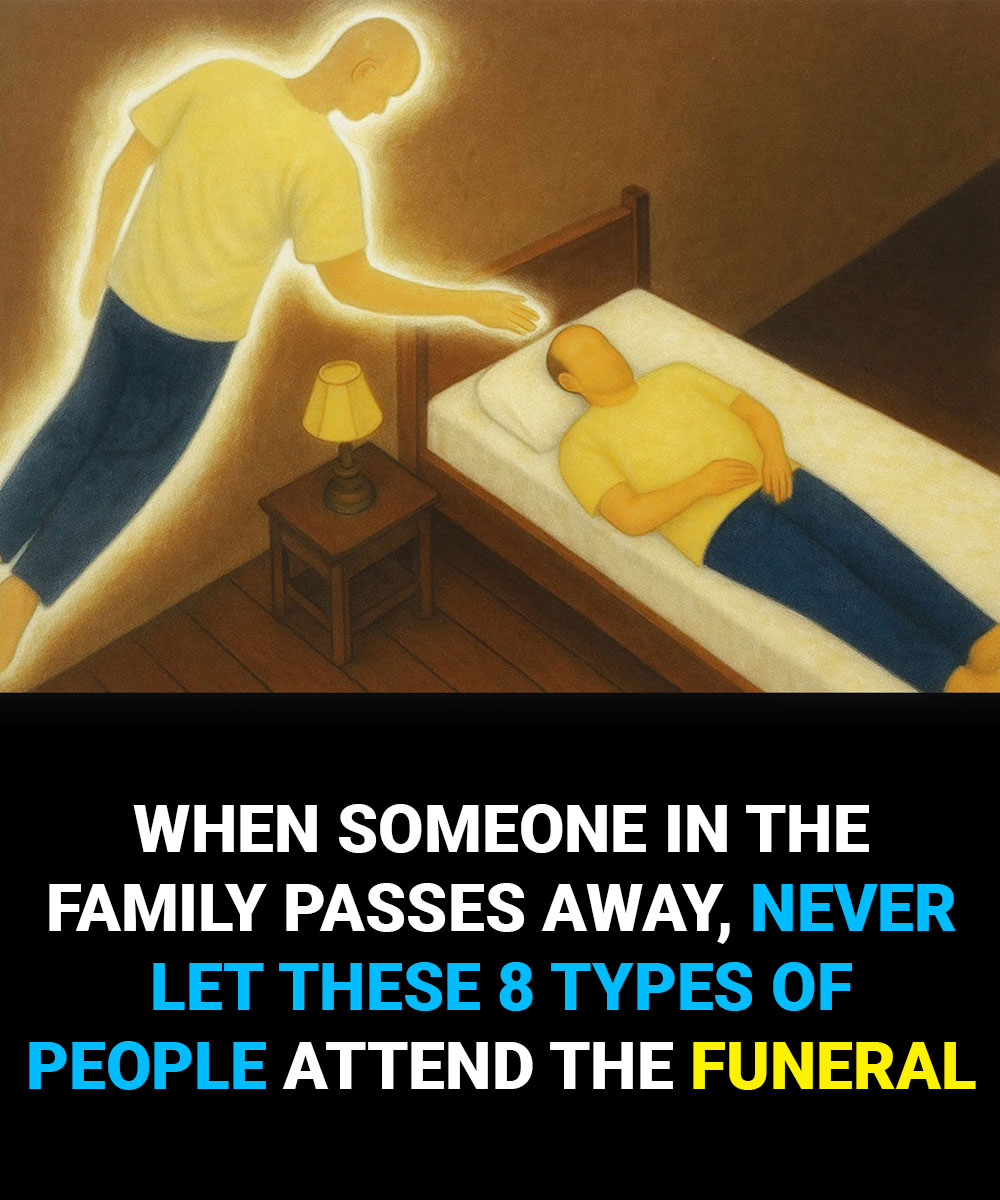5. Ex-Partners or Estranged Friends (Case-by-Case)
If their presence would cause emotional distress to the spouse, children, or parents of the deceased, it’s okay to ask them not to attend.
A separate memorial or private visit can be a more sensitive alternative.
6. People Under the Influence
Alcohol or drugs can lead to unpredictable and disruptive behavior.
If someone is known for showing up intoxicated, it’s best to gently but firmly keep them away.
7. Attention-Seekers
Funerals are about the person who has passed — not about who can cry the loudest or tell the most dramatic story.
If someone tends to make everything about themselves, their absence might keep the focus where it belongs.
8. Those Who Showed Disrespect After the Loss
Anyone who mocked, criticized, or created drama in the days following the death has already shown a lack of sensitivity.
It’s reasonable to believe they won’t treat the funeral with the respect it deserves.
How to Protect the Atmosphere of the Funeral
-
Set expectations early — Let the funeral director, clergy, or organizer know who is not welcome.
-
Have a trusted gatekeeper — Ask a friend or relative to quietly manage the guest list at the entrance.
-
Consider making the service private — Invitation-only gatherings ensure only supportive people attend.

